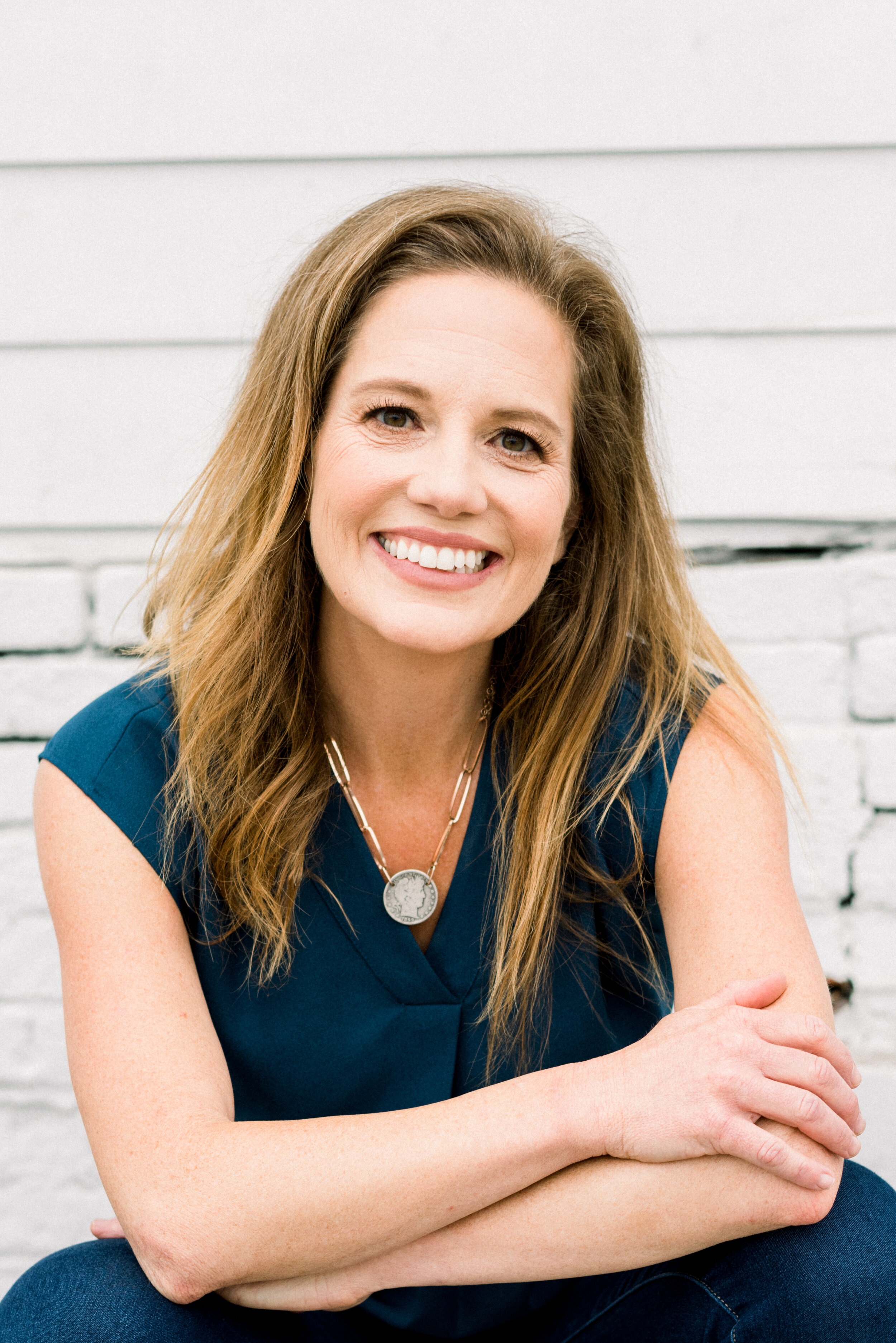Hey, so for all of you people who spend days brining and caring for and tending to a turkey and then hours watching it roast in the oven, I have a confession: I don’t like turkey. Like many of you, I have attended Thanksgiving dinners and pretended to like the turkey. I have said thank you and smiled and drenched it in gravy and cranberry sauce and said that it’s not too dry when it was totally dry like every turkey is. And for that, I am sorry. Well, maybe… maybe not…because that’s kind of what Thanksgiving is about right? We all get together and pretend that the turkey’s not too dry and that all of the family drama doesn’t exist because on this damn day we’re just so very grateful. Right? Honestly, I never minded eating the dry turkey and being grateful for it and my gratitude for the turkey was genuine. But I have another confession: I took the last two years off Thanksgiving altogether. After my divorce, I just didn’t feel like doing it, especially without my kids.
So I literally sat Thanksgiving out. I declined every invitation for Thanksgiving dinner. I blew off family and friends. I didn’t eat any turkey at all. I had Thanksgiving breakfast with my kids in the morning — a smorgasbord of anything they wanted so junk food and bacon, I told them I was grateful for them, I dropped them off with their dad, and I went hiking. And you know what, I don’t regret it or feel any less thankful for it. I had to learn to navigate Thanksgiving after divorce in my own way and that’s what I did. If this is your first Thanksgiving after divorce, you may have to find your own way through it and it may not look the way people say that it “should” but I think that’s okay.
The years leading up to my break from Thanksgiving were really painful. I lied and pretended that everything was fine. The turkey was dry and I was the one having to cook it. I was smiling and lying my way through Thanksgiving because I felt I had to for the sake of my kids and everyone else at the table. I mindlessly begged my children to eat the dry turkey when they didn’t want to and hated myself for the resentment that bubbled up in me for having to make it in the first place. It was a relief when my former husband wanted the kids on Thanksgiving after our marriage ended because it made it really easy for me to just skip Thanksgiving altogether.
Going into holidays post-divorce is scary. You may not get to just eat the damn dry turkey and smile like all the years before. It’s not like all of the years before — everything is different, especially if you have children. The emotions that come up around that may be intense. But I’m giving you permission right here and right now to do it your way and get through it however you need to. Change your traditions to ones that feel better to you. You may not need a break like I did. You may want to smile and enjoy the dry turkey with people you care about. And that’s fine, but let yourself feel what comes up around this too. Thanksgiving post-divorce can amplify feelings of grief or pain. It may feel intense, but it won’t last. It fades. I think I might have cried while I was hiking on my first Thanksgiving without my kids but I don’t remember that part well. I remember the view and feeling empowered and roasting my favorite vegetables in my kitchen by myself and not eating turkey at all.
So whether you’re the one smiling through Thanksgiving when you feel like crying in a marriage that’s falling apart (or whatever pain you may be struggling with) or you’re going through your first divorced Thanksgiving, this Thanksgiving Day will pass. I know it can be painful when there’s so much pressure to “be grateful.” But it’s okay to not always be grateful and it’s okay to not eat the fu#$ing turkey if you don’t want to. Just saying. It’s dry anyway.
And it won’t always hurt like this. I know because I was there and at the time, it felt like I would always be there. And I’m not there anymore.
You’re enough. Be gentle with yourself this Thanksgiving.
PS: If you want to join my MASTERCLASS about the 3 Mistakes that Keep Women From Living Their Best Lives and What You Can Do About it right now, it’s free and available here.


